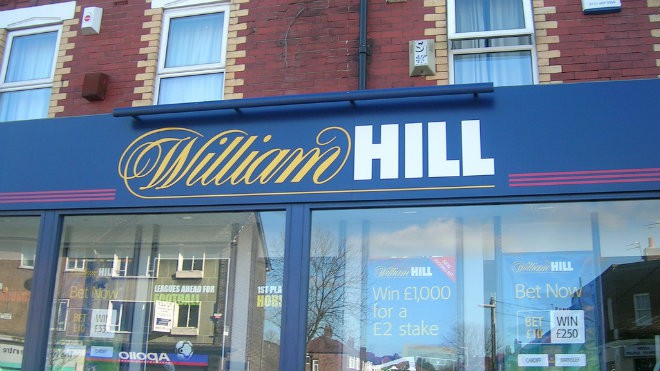Any investor with young children is likely to be all too familiar with the marketing juggernaut that is children’s cartoon Peppa Pig. Although she began life as an animated cartoon, kids today can cajole their parents to buy Peppa-branded video games, toys, bed sheets and nearly anything else marketers can slap a logo on. That’s why ITV (LSE: ITV) made headlines today with a £1bn bid for Peppa’s owner, Entertainment One.
Peppa Pig and her anthropomorphic friends may be a major cash spinner for Entertainment One, but ITV’s interest stretches beyond adding to its bottom line in the short term. Rather, the broadcaster is seeking to lessen its reliance on advertising as a portion of overall revenue by owning high-quality content it can distribute internationally.
This is a wise move considering the cyclical nature of ad revenue, dependent as it is on the general health of the economy. So far, ITV’s acquisitions and in-house investments have paid off, developing mega hits such as Britain’s Got Talent that now bring in 38% of overall group revenue, up from just 15% five years ago.
With all major media companies seeing their future as content distributors first and foremost, ITV is right to move ahead quickly with buying quality programming such as Peppa Pig. And, with net debt at just 0.9 times adjusted EBITDA at the end of June, well within the company’s 1.5 times target, it has the necessary financial firepower to continue making large acquisitions.
After taking a battering post-Brexit vote, the shares are looking like a relative bargain as well at 12 times forward earnings while offering a healthy 3.26% yield. Still, investors should remember that the majority of revenue still comes from advertising, so any economic slowdown will hit the company’s bottom line hard.
Taking a gamble
Consolidation among pharmaceutical giants may have been the biggest M&A news of the past year, but the UK gambling sector has been giving that industry a run for its money. The latest attempted tie up was Tuesday’s £3.6bn bid by 888 and Rank Group for their larger rival, William Hill (LSE: WMH).
William Hill’s board promptly dismissed the bid but it’s unlikely that this is the last we’ll hear from the company on that front. The frantic pace of mergers over the past year has been driven by rising taxes on gambling as well as the shift towards online betting that has left many high street giants struggling to adapt.
William Hill certainly falls into this category and last year attempted to buy 888 to improve its online offerings. With operating profits falling 16% year-on-year in the latest six-month period and management warning that “there is still a way to go” with regards to improving online offerings, the company is wise to look online and overseas for growth.
The board was right then to nix the mooted tie up with Rank and 888 as these companies’ core markets offer little to William Hill’s growth targets. But with revenue relatively stagnant, debt rising and smaller competitors racing ahead in online growth markets, I’d expect William Hill’s board to explore its options sooner rather than later on the major acquisition front.
